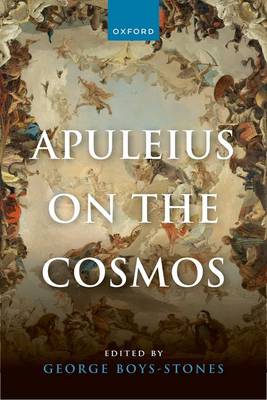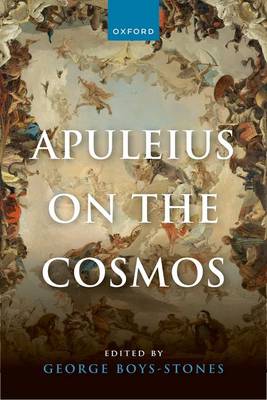
- Retrait gratuit dans votre magasin Club
- 7.000.000 titres dans notre catalogue
- Payer en toute sécurité
- Toujours un magasin près de chez vous
- Retrait gratuit dans votre magasin Club
- 7.000.0000 titres dans notre catalogue
- Payer en toute sécurité
- Toujours un magasin près de chez vous
Description
Apuleius' De Mundo ('On the Cosmos') has never been published in English translation. One reason for this may be that it has itself been viewed as a mere translation of a work that survives in the Aristotelian corpus, the Peri Kosmou (traditionally, but confusingly in this context, referred to as the De Mundo). But greater sensitivity both to the ideological implications of 'translation' (no translation is ever a 'mere' translation) and to the nuanced philosophical debates of the second century CE ought already to suggest that the work will have a lot to teach us--and all the more just because we have the Greek text it is working with. This volume offers the first English translation of the De Mundo, which it presents in parallel with a new English translation of the Aristotelian Peri Kosmou by the same team, so that even readers without Latin or Greek can get a keen sense of how the two works relate--and how substantially they diverge. It is accompanied by a series of ten new scholarly studies introducing the work and setting out a broad range of approaches to its study. Together they make a powerful case that the De Mundo is deeply informed by Apuleius' Platonism, especially a view of providence which differs substantially from that of the Peri Kosmou, and that it is an important text for understanding philosophical debate in the second century CE.
Spécifications
Parties prenantes
- Auteur(s) :
- Editeur:
Contenu
- Nombre de pages :
- 272
- Langue:
- Anglais
Caractéristiques
- EAN:
- 9780198896340
- Date de parution :
- 16-01-26
- Format:
- Livre relié
- Format numérique:
- Genaaid
- Dimensions :
- 156 mm x 234 mm

Les avis
Nous publions uniquement les avis qui respectent les conditions requises. Consultez nos conditions pour les avis.






